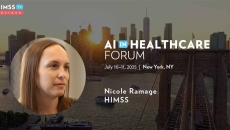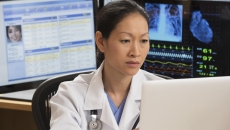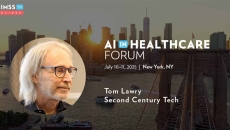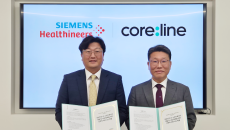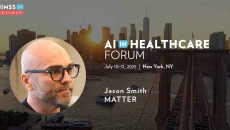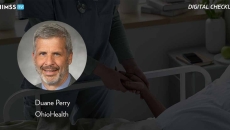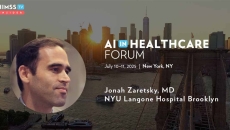Analytics
If organizations are more transparent with clinicians and patients about AI adoption and deployment, stakeholders would feel more secure with it, says Nicole Ramage, senior market insights manager at HIMSS.
The funding comes a year after the company secured $70 million in a Series B funding round.
Researchers at Johns Hopkins found that the AI outperformed current clinical guidelines with 89% accuracy across all patients and a 93% accuracy rate for individuals ages 40 to 60.
While most provider and payer organizations are using some form of AI, very few are getting demonstrable value at scale across the enterprise, says Tom Lawry, managing director of Second Century Tech.
Also, a project developing an AI-powered application for preventing cognitive decline among seniors has won a $2 million grant from the New Zealand government.
Also, OMRON in Singapore has launched a new medical device plan featuring AI-driven recommendations for self-management of chronic diseases.
When it comes to making strategic AI investment deals, companies need to articulate their competitive advantage and how they view the market around them, says Jason Smith, venture acceleration fellow at MATTER.
While commercial software is very good at providing clinical decision support applications, it is essential to identify a targeted goal within the software, says Dr. Ryan Sadeghian, CMIO at the University of Toledo.
Duane Perry, chief nursing officer at OhioHealth, says he envisions a future state where experienced nurses can remain part of the nursing care model and be actively involved in not only precepting but also caring for patients virtually.
Patients can get more access to their healthcare information when AI is used to translate patient notes in their chart into a patient-friendly language and format, says Dr. Jonah Zaretsky, medical director at NYU Langone Hospital Brooklyn.
